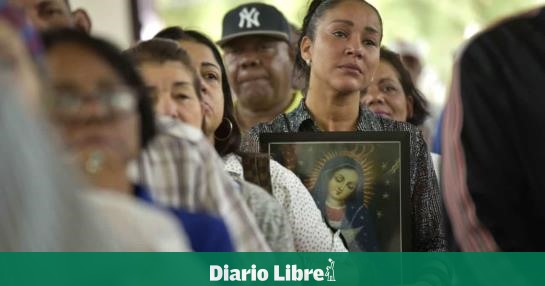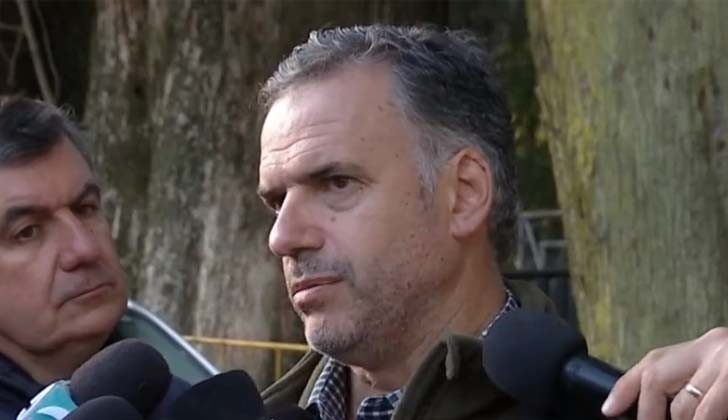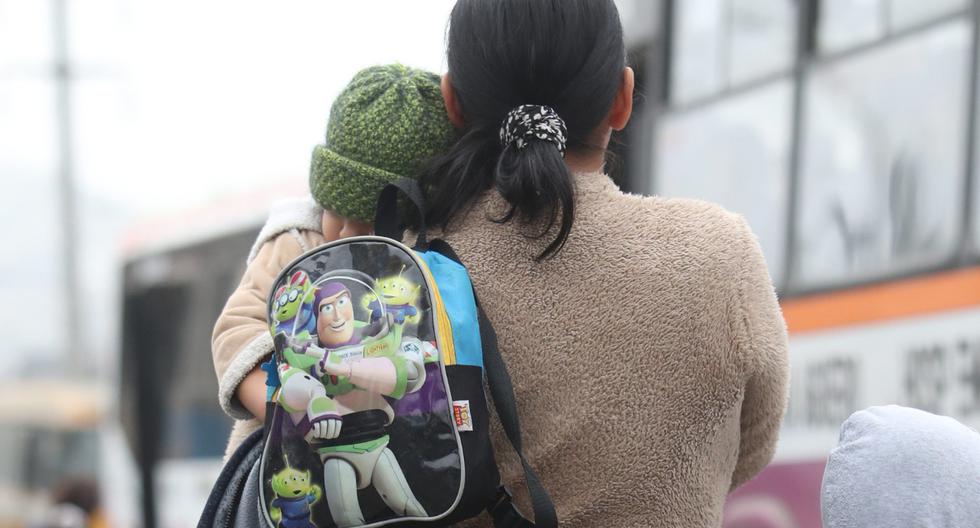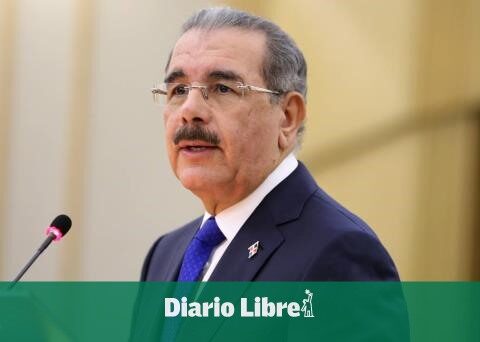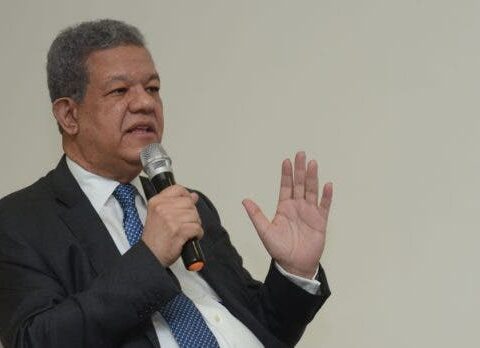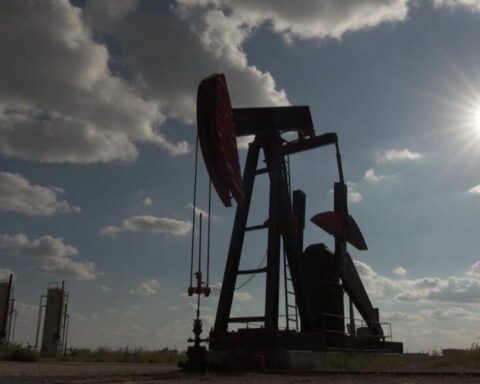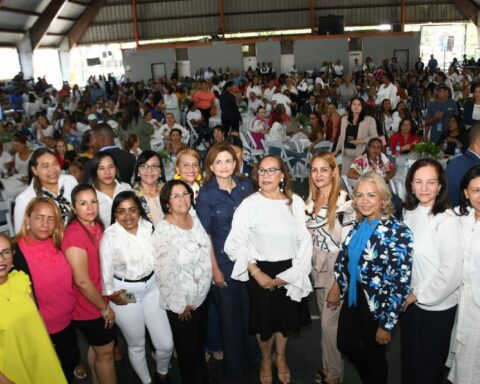In the Christian tradition of most DominicansEaster is the holiest of the 52 weeks of the year. In it, Good Friday was a day that passed in complete calm and recollection of the families, who only gathered around the also traditional sweet beans to taste them, in addition to the more religious ones who joined the Chrism masses and the Holy Supper.
To date, Good Friday is not only one more day of the vacation itinerary that allows the holiday, but also the date of several outdoor activities, including concerts.
The headline of a news article published earlier this week said: “Not even Good Friday is saved from massive concerts”, referring to the list of artistic presentations (pagan, in the religious field) that would take place in the country that day. .
These, among other popular manifestations, are what lead the sociologist and university professor Carlos Andújar to affirm that the Christianity The Dominican has been secularizing in recent years.
“The Catholic world opposes the sacred to the earthly. But in the Dominican Republic, in the last 30 years, the sacred has been displaced and the secular has been imposed, to the point that I was at a mass and what they played I wanted to dance and it was a Catholic mass, ”he says. Something similar happens in the cults of Protestant groups, in which the rhythm of some songs is confused with that of any pagan salsa or bachata.
Andújar, a member of the Dominican Academies of Science and History, also refers to the festive expressions that occur in some pilgrimages called by the Catholic Church. He mentions the pilgrimage to the Virgin of Altagracia, of Las Mercedes or to the Christ of Bayaguana.
“When you go to them, what you find is a party that you don’t know if it goes to an expression of religionWell, there is bachata, romo, fiesta, parakeet, there are horse races, expressions of worship to the virgin… We are a town in which the sacred and the secular walk hand in hand”, he reflects.
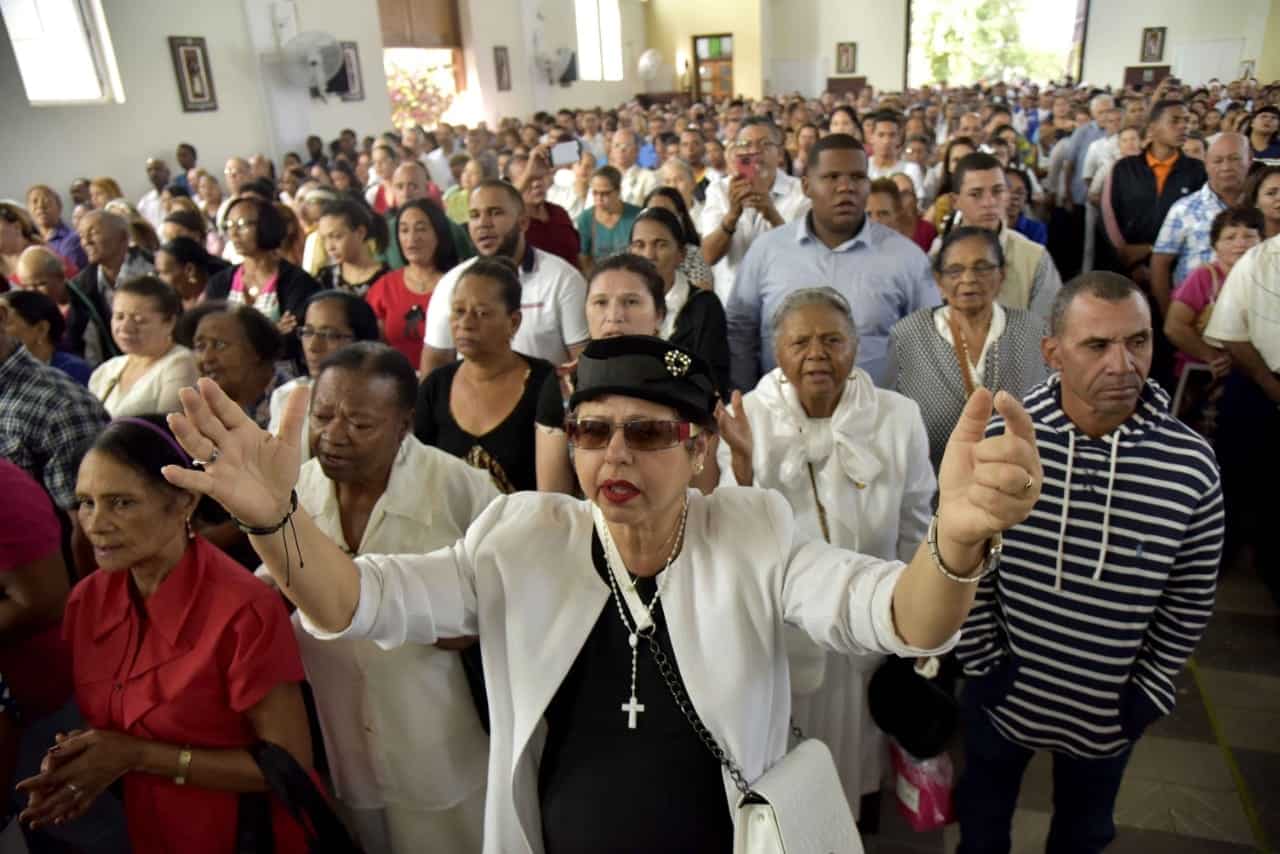
Secularization is, in Andújar’s opinion, a way for religions to reconnect with the new generations at a time when, he warns, there is a decline in membership, especially of the Catholicism.
This drop is admitted by the Catholic Bishop José Dolores Grullón Estrella, for whom the increase in those who declare themselves non-believers is evident.
It justifies it by the fact that the population has more access to information and that this has led to those who remain in the Catholicism be those who really believe and not those who, out of fear, as was the case before, joined religious activities.
A report published in 2018 by Latinobarómetro measured this decline among Dominicans. He indicated that of 64% of the population that defined themselves as Catholic in 1995, only 48% identified as such in 2013.
However, it was the Catholicism the religion dominant in the country, followed by evangelicals at 21%. The hegemony of the Catholic Church, which dates back to the Spanish colonization that began on October 12, 1492, is maintained today.
A January 2021 survey, conducted by the Cibao Economic Center (CEC) and the news portal Acento.com.do, showed that 59.2% of the Dominicans says they belong to the Catholic Church, compared to 19% who said they were from the Evangelical Church and 2.5 from the Adventist Church.
“Faith has been changing, because people understood before that all the religiosity they had was faith. For example, during Holy Week everyone participated in the church, keeping silence, fasting, but if you didn’t do that, you (believed) could turn into an animal, into something strange, because it was a faith based on fear, far above clothing”, says Monsignor Grullón Estrella.
Currently, he says, the knowledge of Jesus, the Bible and the Gospel has grown a lot, thanks to the facilities provided by the new times. “People read a lot and find out and see reality… now there is more awareness of evil and good… Knowledge has grown, but indifference has also grown… as if they say that God is no longer the punisher who is going to punish me.” punish, then, indifference has grown and you see those people who used to say they were Catholic, now they say they are not of any religion”, comments Grullón Estrella.
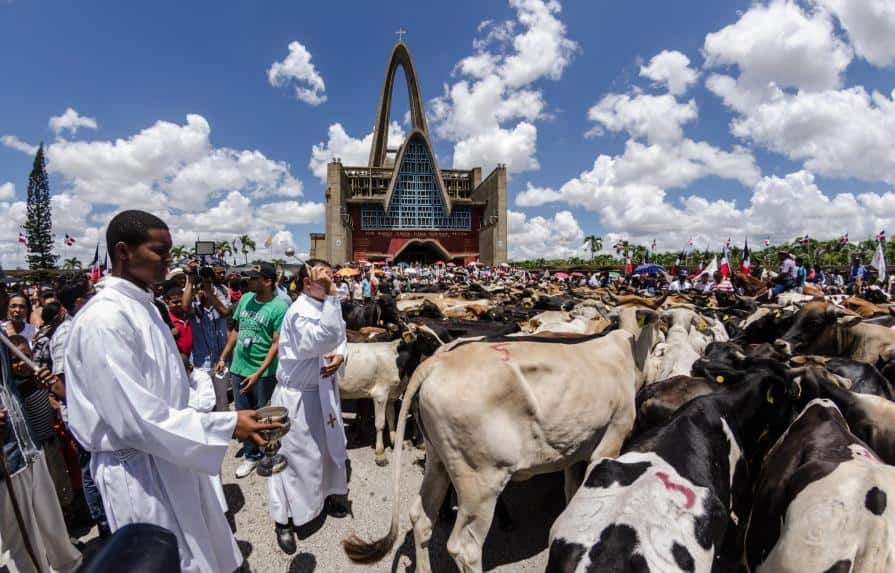
Despite changes in the way of living their beliefs or religious denominations, the Dominicans They continue to be one of the countries in Latin America that trust the church the most.
Latinobarómetro, in its 2021 report, indicates that the Dominican Republic continues to be among the countries in the region with the most trust in the church, occupying fourth place, with 72%, among 18 countries in which it was consulted.
The sociologist Andújar highlights the great spirituality that characterizes the Dominican, which is manifested in a diversity of religious customs. “We are a people with different customs. That cultural diversity of the Dominican people is seen with Protestants, Catholicism, some fundamentalists, others less fundamentalists; but there are also voodoo practitioners (a religious cult that mixes elements of Christianity and fetishism and that originates in Africa), liborism (followers of Liborio Mateo), brotherhood beliefs that celebrate the dead, other beliefs that are Taíno.” Of all of them, he recognizes the predominance of Catholics and Protestants who, between them, bring together more than six of the more than ten million inhabitants of the Dominican Republic, according to his estimates.

